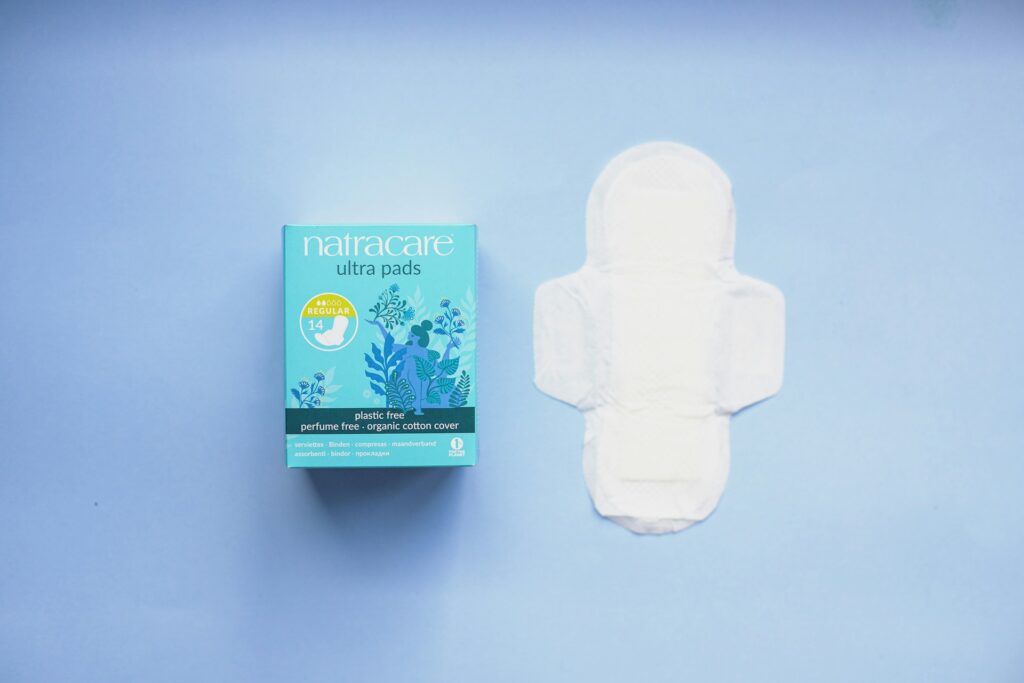Menstruation is a natural biological process that nearly all women go through each month. It is the regular discharge of blood from the inner lining of the uterus through the vagina. Unfortunately, despite being a normal part of life, menstruation is often surrounded by stigma in many societies around the world. This period stigma not only impacts the way women view themselves but also has a significant effect on adopting sustainable menstrual practices.
The Roots of Period Stigma
Period stigma is deeply rooted in cultural, social, and religious beliefs. Historically, menstruation has been hidden in secrecy and shame, often portrayed as unclean or impure. These perceptions are carried on by societal norms, religion and family traditions. In many cultures, menstruating ladies are restricted from participating in everyday activities, which reinforces the idea that periods are something to be hidden.
What is Period stigma?
Period stigma refers to the negative attitudes, beliefs, and misconceptions surrounding menstruation. This stigma often leads to shame, secrecy, and discrimination against those who menstruate. Period stigma manifests in various ways across different cultures and societies
Some key aspects of period stigma includes
- Cultural Taboos and Restrictions: Isolation and religions restrictions
- Social attitude and behavior: This includes Shame,secrecy,bullying or teasing.
- Lack of education and awareness: Misinformation and myths
- Economic barriers: Period poverty and Workspace discrimination
- Health and hygiene practices: Unsafe practice and avoidance of medical care
What are Sustainable Menstrual Practices?
Sustainable menstrual practices are those that reduces environmental impact and promote health and well-being. These include using reusable menstrual products, such as menstrual cups, cloth pads, and period underwear, as well as supporting initiatives that provide access to safe and affordable menstrual care.
Effects of period stigma on sustainable menstrual practices
Period stigma is a longing issue that affects millions of people worldwide. Period stigma has several significant effects on sustainable menstrual practices. These effects can hinder the adoption and acceptance of environmentally friendly menstrual products and practices, which are crucial for reducing waste and promoting health. If not stopped it leads to several negatives such as
Lack of open conversations about menstruation.
When there are no open conversations on period,period hygiene and period stigma it leads to misinformation and misconceptions about periods, which can prevent women from practicing sustainable menstrual hygiene routines. For instance, in some cultures, discussing menstruation openly is considered taboo, forcing women to remain unaware of reusable products and relying on inadequate or unhygienic methods due to shame of talking about their periods or limited access to proper menstrual products.
Lack of education and awareness.
Period stigma can also prevent women from seeking help when they experience menstrual health issues which can lead to serious health complications, further perpetuating the cycle of stigma and shame surrounding menstruation. Without proper education, individuals are less likely to explore or feel comfortable using sustainable menstrual products. They may continue using disposable products, contributing to environmental waste.
Health and Hygiene Misconceptions.
Misconceptions about menstruation and menstrual hygiene can lead to the use of unsafe materials or practices. The stigma can also prevent individuals from seeking proper medical advice, leading to health complications. Fear and misinformation may deter individuals from trying reusable products, which require proper cleaning and maintenance. Concerns about hygiene can make sustainable options seem less appealing.
Limited Access.
The stigma surrounding menstruation means that many people lack and will continue to lack access to eco-friendly menstrual products, forcing them to rely on disposable products that contribute to waste and environmental harm if these stigmas are not broken. Individuals facing period poverty may struggle to afford the initial cost of sustainable products, despite their long-term savings and environmental benefits. Stigmatized discussions can lead to a lack of resources and support for those who need them most.
Cultural Barriers and Resistance to Change.
Cultural taboos and deeply ingrained religious beliefs about menstruation can make it challenging to introduce and normalize the use of sustainable menstrual products. Traditional beliefs may favor single-use products or practices that align with local customs, even if they are not environmentally friendly. Cultural resistance can prevent the adoption of reusable products, limiting efforts to promote sustainability in menstrual health.
Perpetuation of Harmful Stereotypes and Psychological Effects.
Period stigma gives way to harmful gender stereotypes,giving the notion that menstruation is something to be ashamed of, rather than a natural part of life. Period stigma often results in feelings of shame and embarrassment about menstruation. These psychological effects can make individuals hesitant to switch to sustainable products that may require more intimate handling, such as menstrual cups. Discomfort and embarrassment can prevent individuals from exploring sustainable options, even if they are more beneficial in the long run.
Environmental Consequences
Period stigma leads the reluctance to adopt sustainable menstrual practices which contributes to the environmental burden of disposable menstrual products. Single-use products, such as pads and tampons, generate significant plastic waste and environmental pollution with billions of pads and tampons ending up in landfills and oceans each year causing environmental pollution. The continued use of disposable products increases environmental issues, highlighting the need for more awareness and acceptance of sustainable alternatives
Now that we’ve known the effects of period stigma on sustainable menstrual practices how do we overcome them? We as an organization have lots to do and I’m glad we have already started breaking those barriers by empowering and educating young girls on sustainable menstrual practices in various states.
- To combat period stigma and promote sustainable menstrual practices, it is essential to create safe spaces for open discussions about menstruation. Empowering women and girls with accurate information about menstrual hygiene and providing access to affordable and reusable menstrual products are crucial steps towards breaking the taboo around periods.
- Implementation of comprehensive menstrual health education in schools, Including topics on menstrual hygiene, anatomy, and reproductive health in curriculums
- We as individuals should volunteer and advocate for policies that provide free menstrual products in public spaces and push for laws that protect women from discrimination based on menstruation
- Establishment of community initiatives to provide menstrual products to those in need and creation of support groups for women to share experiences and break the isolation caused by period stigma
- Access to Eco-Friendly Products: Increasing access to reusable and sustainable menstrual products, making them more affordable and widely available
Conclusion, addressing of period stigma is vital for promoting sustainable menstrual practices. It is through collective efforts that we can truly break the period stigma and create a more equitable and inclusive world for women’s health and well-being.
Let’s continue the conversation and action towards a future where menstruation is celebrated rather than shamed.

